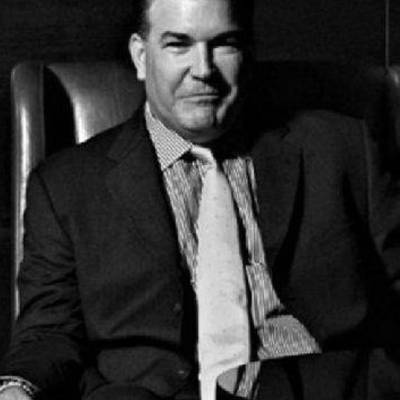
Don Johnson
Career
Don Johnson's path to casino legend was unconventional. Before his blackjack exploits, he was deeply involved in the world of horseracing. He wasn't just a casual punter; Johnson held significant roles managing racetracks. This experience gave him a deep understanding of odds, risk assessment, and the inner workings of the gambling industry. Interestingly, he even transitioned into the role of a state regulator of racetracks, overseeing operations in four different states. This background suggests a meticulous and analytical mind capable of understanding complex systems and regulations. It was this unlikely resume that somehow allowed him to convince Atlantic City casinos he was merely a deep-pocketed amateur.
His most famous feat occurred in 2011 when he targeted the blackjack tables of Atlantic City. Over six months, Johnson systematically won significant sums from three major casinos: Tropicana ($6 million), Borgata ($5 million), and Caesars ($4 million). His strategy wasn't based on traditional card counting but rather on negotiating incredibly favorable terms with each establishment. He reportedly played at extremely high stakes, wagering up to $100,000 per hand. Crucially, he secured loss rebate deals, meaning the casinos agreed to reimburse him for 20% of his losses when the house beat him. The sheer audacity of these deals and the casinos' continued adherence to them as Johnson's winnings mounted remains a point of disbelief in the gambling world. They believed he was on a lucky streak and would eventually lose it all back. They were wrong.
Revenue
Don Johnson's primary source of reported revenue during this period was the $15 million he won from the Atlantic City casinos in 2011. Further details about his overall financial standing are not publicly available.
Interesting facts
Unlike many prominent figures in blackjack history, Johnson did not rise through the ranks as a card counter. His background was firmly rooted in the horseracing industry.
His success in Atlantic City was primarily attributed to his negotiation skills, securing unprecedented loss rebate deals.
Multiple casinos continued to honor these deals for months while facing significant losses, highlighting a remarkable misjudgment on their part.
Legacy
Don Johnson's legacy in the gambling world is unique. He isn't revered for a groundbreaking betting system or card counting technique. Instead, he is remembered as the man who outsmarted the house through shrewd negotiation and an unwavering ability to capitalize on favorable conditions. His story serves as a cautionary tale for casinos about the potential pitfalls of overly generous player incentives and the importance of accurately assessing a player's capabilities. He became a legend not by beating the odds in the traditional sense but by bending the rules to his advantage.
Frequently asked Questions
Don Johnson's wins were primarily attributed to playing blackjack at very high stakes ($100,000 per hand) and negotiating significant loss rebate deals with Tropicana, Borgata, and Caesars. These deals meant he would be reimbursed for 20% of his losses. He then won consistently, and the casinos continued to honor the rebate agreements, leading to their substantial losses.
Unlike many famous blackjack players, Don Johnson did not make his name as a card counter. His background was in horseracing management and regulation.
He reportedly secured deals where the casinos would reimburse him for 20% of his losses. This significantly reduced his risk and increased his potential profit when he was winning.
It is speculated that the casinos believed Johnson was a wealthy but unsophisticated gambler who would eventually lose his winnings back. They likely saw the rebates as an incentive to attract his high-stakes play. They underestimated his ability to win consistently under these favorable conditions.

















